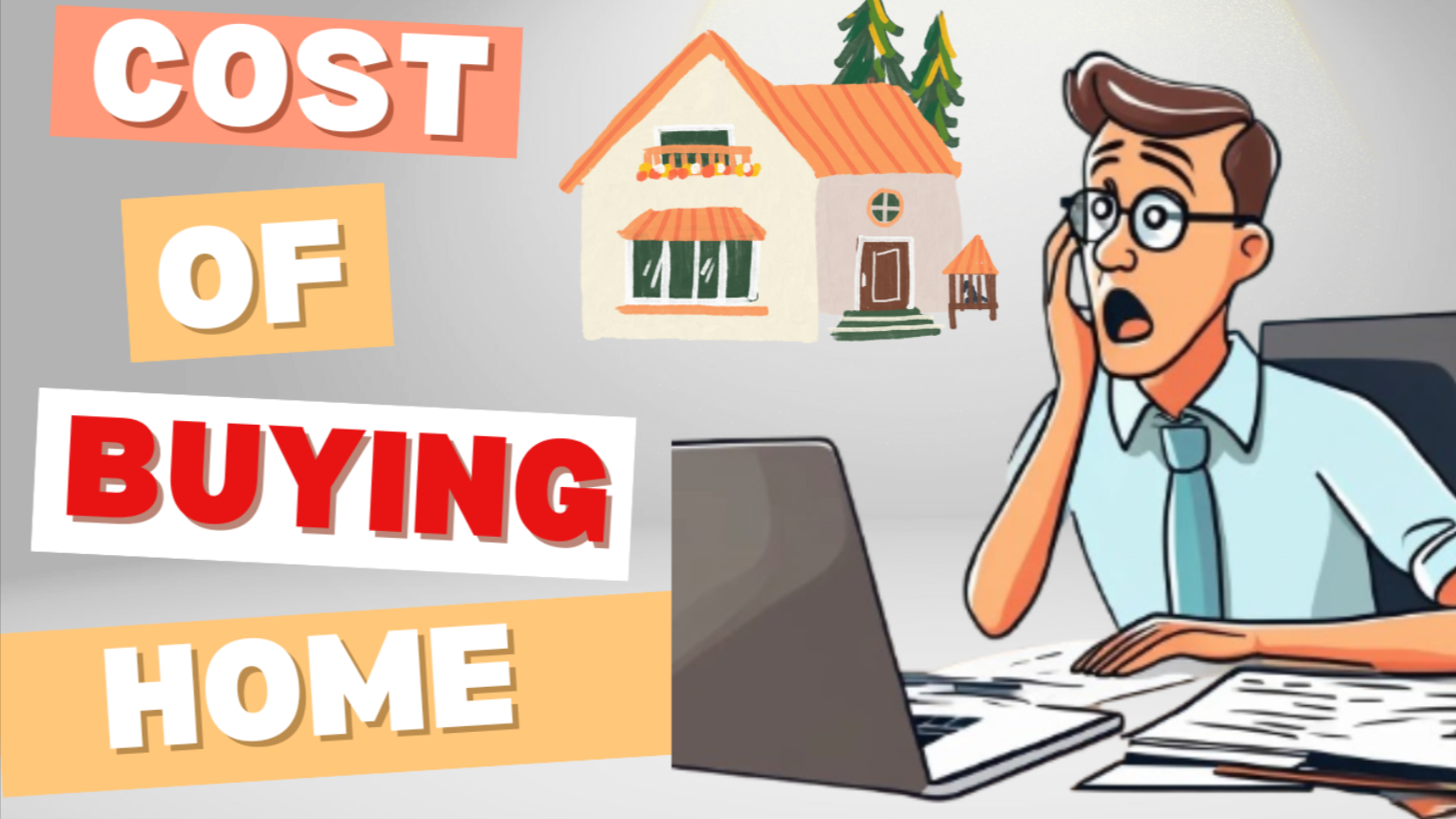The Importance of a Home Inspection Before Buying

Purchasing a home is a financial commitment of one of the largest magnitude that you will likely face in your life. It is a thrilling journey, but also a risky one. A home inspection helps catch hidden issues in a property before you close on the sale, and it might even become a part of the home-buying process. This is a step that a lot of buyers skip, but not having a home inspection can mean expensive repairs and increases in unexpected problems in the future.
This article looks at the value of a home inspection, what it entails, and why you must always try to get one done as a priority for every buyer.
What is a Home Inspection?
A home inspection is a thorough evaluation of the condition of a home by a licensed home inspector, who is trained in finding potential issues with a property. To determine the stability, safety and zeal of the house. Home inspections examine your property and its components, such as the foundation, roof, electrical systems, plumbing, heating, and cooling.
The inspector composes a report detailing any recommendations discovered while performing the inspection. Using this report, buyers are able to understand the condition of the home more effectively and then use that information to make an informed decision.
What Is the Importance of a Home Inspection?
1. Uncover Hidden Problems
Few people can instantly recognise a problem area or defect in a home. The ideal house is the one for sale — perfect on the outside, but its pictures may not tell the whole story — of mold, hidden plumbing leaks, defective wiring, or a collapsing foundation. With specific tools and knowledge, a home inspector identifies these underlying problems, enabling buyers to be aware of potential pitfalls.
2. Safety Concerns
Through a home inspection, inspectors can find hidden safety hazards like electrical wire issues, carbon monoxide leaks, mold infestations, or radon exposure. They can pose significant health risks to the people who live in them. Buyers may choose to take precautions in advance of a purchase or negotiate repairs with the seller if they learn about safety concerns.
3. Helps in Negotiation
However, the buyers can use this to their advantage if the home inspection uncovers major issues - and it often does. Buyers might request repairs, ask for a price reduction, or in extreme cases, cancel the deal if the repairs are too expensive. An inspection report that is well documented can serve as strong evidence in negotiations.
4. Saves You Costly Repairs Down the Line
A house might sound like a great investment at first, but underlying issues can quickly devolve into costly fixes down the line. A bad roof or plumbing system can cost thousands to repair. This allows the buyer to make informed decisions about whether or not the home is worth the investment upfront.
5. Guarantees Adherence to Building Regulations
Home inspections can verify whether the property sits with local building codes and regulations. Older homes may have electrical or plumbing systems that have not kept pace with modernization and safety. The buyer also has the advantage of knowing these potential issues before buying the home, so they can plan to budget for any necessary updates or repairs.
6. Provides Peace of Mind
Owning property is one of the largest investments made by consumers and nobody wants hidden problems. Chuck and his wife Marheard, having recently closed on a beautiful home, enjoyed the peace of mind that home inspection affords by putting the condition of the home into perspective. Buyers can proceed with the purchase of the property without worries when they can be assured that the property is safe and in good condition.
What Does Home Inspection Includes?
Typically the following are included in a thorough home inspection:
- Foundation & Structure: Evaluates for movement, cracks, and structural integrity.
- Roof & Attic: Inspects shingles, gutters and insulation.
- Plumbing: Reviews pipe and water pressure, leaks and drainage.
- Electrical System: Identifies wiring, outlets, circuit breakers, and fire hazards.
- Heating & Cooling Systems – This ensures that the HVAC system is in good working order and functional.
- Hardware Windows & Doors — check for drafts, leaks, and proper sealing
- Basement & Crawl Spaces: It finds problems like condensation, mold and foundation issues.
- Appliances & Fixtures — Checks major appliances, faucets, and lighting, and checks that they work properly
The Home Inspector Will Not Address the Following Items
Home inspection is comprehensive but not inclusive of everything. Some exclusions include:
- Pest Infestations: More than just termites or rodents will need its own set of inspections.
- Swimming pools & septic systems — Since these are specialized areas, an inspection might be needed.
- Hazardous Substances: A normal inspection does not look for lead, asbestos, and radon.
Selecting the Right Home Inspector
That's why you need a qualified home inspector who can conduct an unbiased evaluation. Fortunately, there are a few pro-tips to help you pick the one that works best:
- Confirm Qualifications: Find out if the inspector is licensed and certified.
- Check Reviews: Search for online reviews and also consult your friends or your real estate agent.
- Inquire About Their Experience: Ensure the inspector has experience for the kind of home you are buying.
- Get a Sample Report — A good inspector will provide a thorough, clear report
- Go to the Inspection: This is your opportunity to ask questions and learn more about the condition of the property directly from the source.
So, What Should You Do Post-Home Inspection?
When you receive an inspection report, thoroughly examine it and proceed as follows:
- Share and Discuss the Findings With Your REALTOR®
- In case there are deal breakers, your agent can assist you in negotiating with the seller.
- Determine Whether to Repair or Tweak Your Price
- If you do discover repairs that need to be made, you can ask the seller to make those repairs, or ask for a sale price reduction.
Plan for Future Maintenance
There are some relatively minor faults that while not deal-breakers do need to be rectified moving forward. Use a checklist of chores, to do list items or anything you need to get done while maintaining your home.
Move Forward or Walk Away
If the home has serious problems and the Seller refuses to make repairs, you may have to think twice about going forward with the purchase. In these cases, it makes sense to walk away so that you do not spend money repairing or fixing up the vehicle.
Conclusion
One of the most important steps in the process of buying a home is getting a home inspection, to protect your investment. It reveals underlying issues, confirms reliability, and gives potential buyers knowledge to make sound decisions. For example, neglecting to complete a home inspection may result in expensive surprises and larger repairs down the line.
When buyers hire a qualified inspector and thoroughly read the inspection, it can allow for negotiations on repairs, the understanding of possible dangers, and the ability to rest assured that they are making a good investment. A home is more than just four walls and a roof over your head—it is a long-term investment and a proper home inspection protects that investment.
If you have been shopping for a house, you will know to get a professional inspection done before you buy the home. This alone can save you thousands of dollars, while providing you a level of confidence to move into a new house with reassurance.



